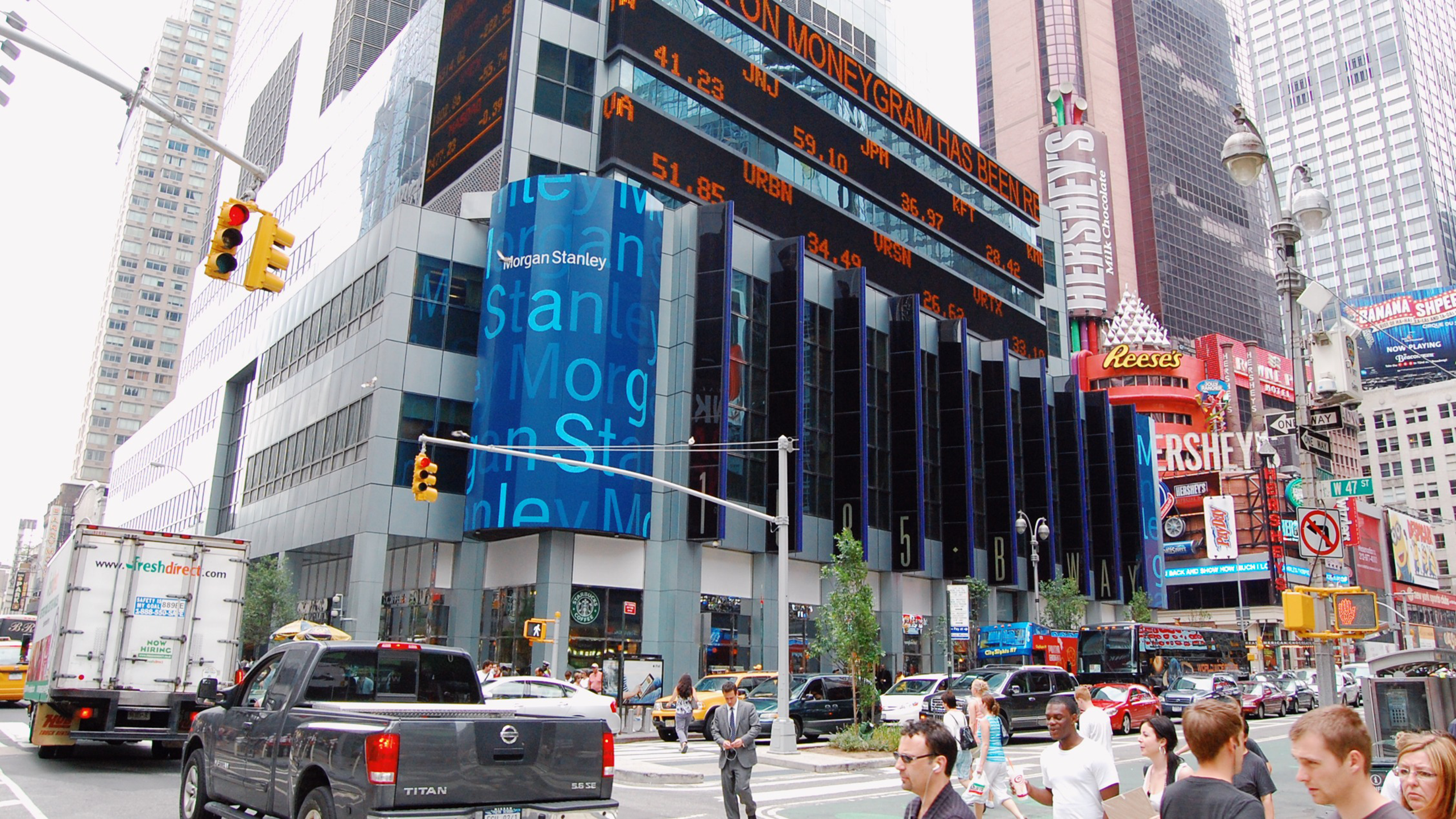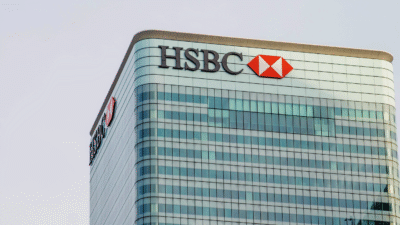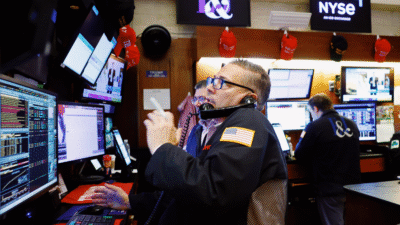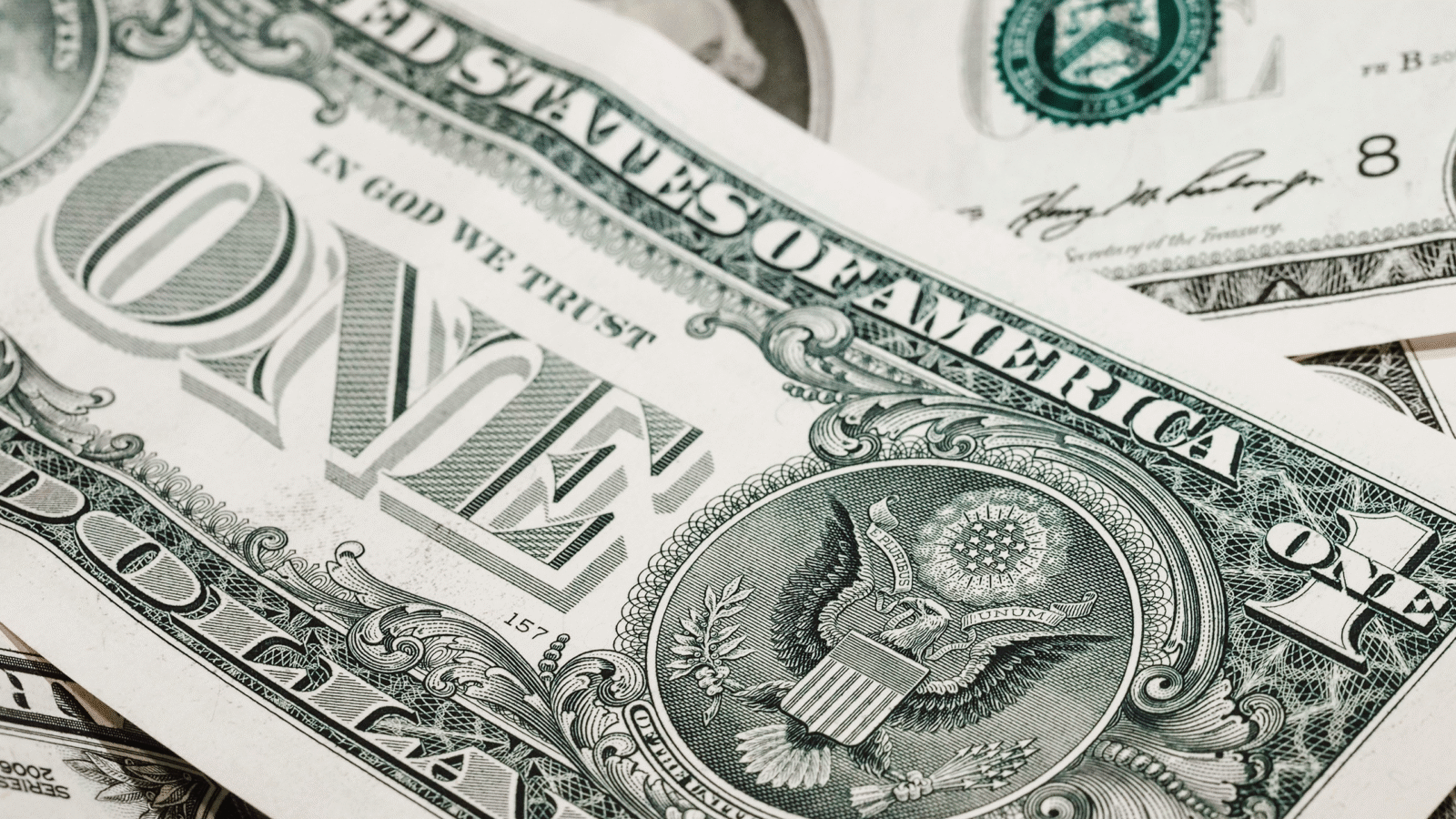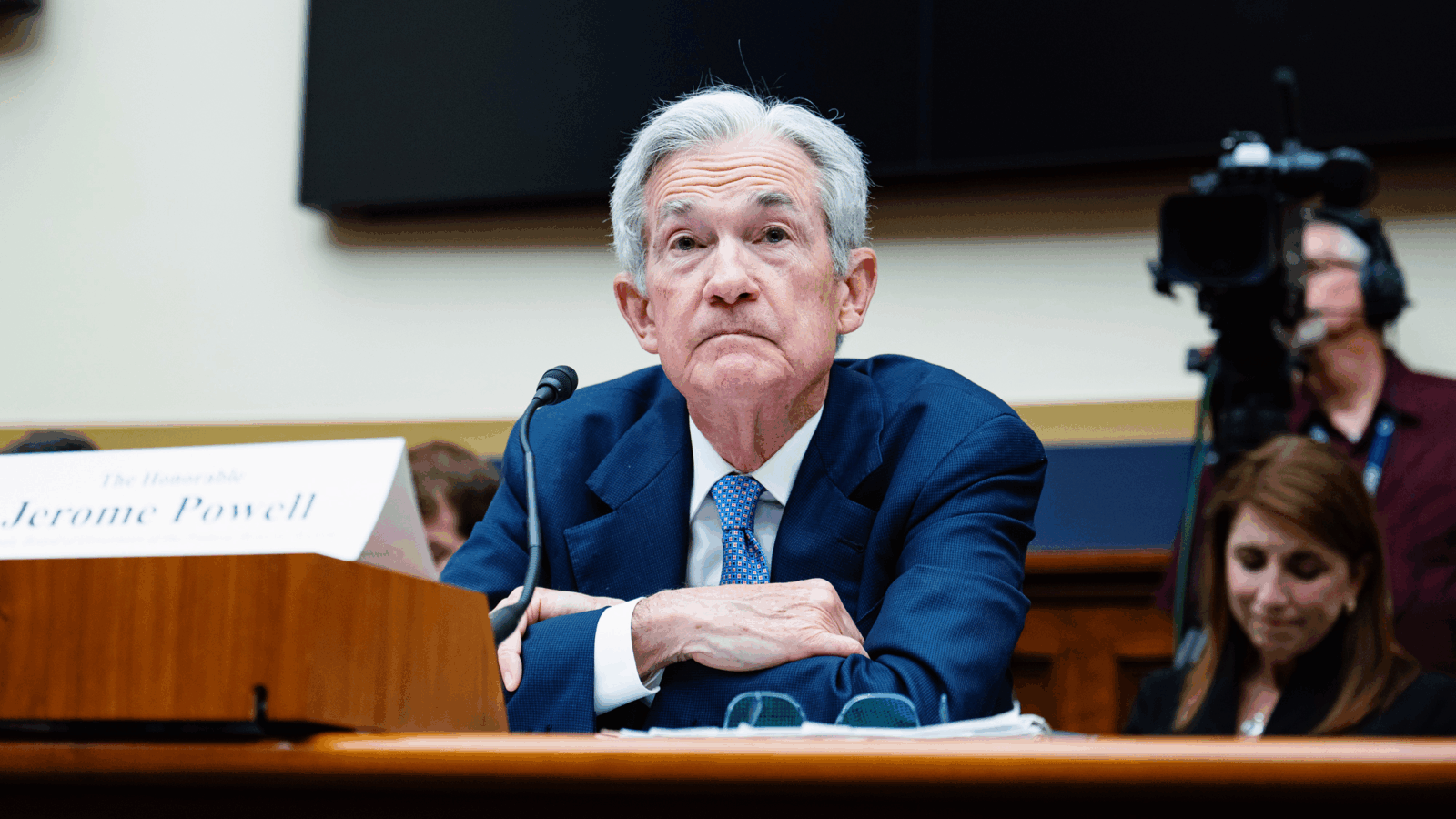Dealmaking Is Coming Back — With or Without Fed Rate Cuts
Dealmaking-related revenue at a handful of major investment banks collectively rose 27% year-over-year in the first quarter.
Sign up for smart news, insights, and analysis on the biggest financial stories of the day.
Wall Street’s done trying to time the Fed.
With no interest-rate cuts by the Federal Reserve until maybe the end of the year — if at all — US companies and financial institutions are just getting on with life, The Wall Street Journal reported, with dealmaking-related revenue at a handful of major investment banks collectively rising 27% year-over-year in the first quarter.
What’s Behind Door Number 1?
Last year, global dealmaking volumes fell 18% to roughly $3 trillion, their lowest level in 10 years. The main culprits were geopolitical tensions, economic uncertainty, and high interest rates that made popular leveraged finance deals more expensive. The dearth in deals in turn made life difficult for private equity firms and hedge funds.
But high rates don’t always mean dealmaking takes a hit. Back in 2007, the federal funds effective rate stood at 5.25% — similar to today — but mergers and acquisitions volume amounted to $1.57 trillion, a US record at the time.
Perhaps 2024 can do the same as dealmakers appear to have finally absorbed higher rates — and are tired of waiting for cuts:
- The total value of US and Canadian deals amounted to $378 billion in the first quarter of 2024, S&P Global reported this week. That’s down from $434 billion in the previous quarter but better than all other quarters going back to the second quarter of 2022.
- Some of the biggest deals so far this year include Diamondback Energy purchasing shale oil rival Endeavor for $26 billion; BlackRock taking over Global Infrastructure Partners for $12.5 billion; and Capital One acquiring Discover for $35.3 billion, which if approved by regulators would be the largest bank deal in a decade and a half.
Of Wall Street’s five biggest banks, the two most closely associated with dealmaking, Goldman Sachs and Morgan Stanley, have seen their share prices perform the best since reporting earnings, a hint investors see more deals on the way, the WSJ noted.
Another School of Thought: Not everyone is a believer. In an interview with the Financial Times on Wednesday, outgoing Princeton University Investment Co. CIO Andrew Golden said this is the “worst ever” private equity climate and that recent signs of improving liquidity might be “just a blip.” The school’s endowment suffered a 1.7% loss last year, mainly due to private equity underperformance. Unfortunately for private equity firms, this might not be a case where a refresher course in investing will be enough to turn things around.
